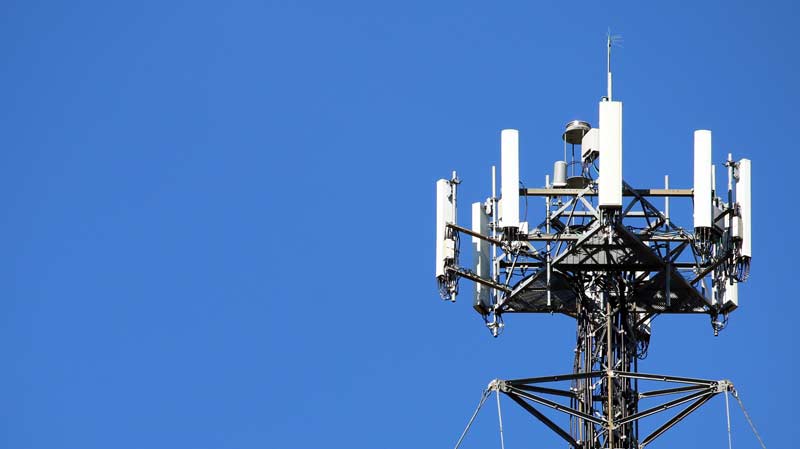11
May 2016
Three/O2 Merger Blocked by EU Commission
Following months of discussion and pressure from various regulatory groups, the EU’s competition commissioner has officially blocked the merger of the two mobile telecoms giants.
CK Hutchinson, who owns Three, had been trying to buy out Telefónica’s O2 at a price of £10.25 billion in a move that had sparked criticism and concern from those worried that the merger would reduce the number of active mobile telecoms providers in the UK to a level that would significantly impact competition in the sector.
Both telecoms regulator Ofcom and the Competition and Markets Authority here in the UK had separately voiced concerns to the EU competition commissioner Margarethe Vestager regarding the deal.
They argued that, since the merger would reduce the number of active mobile network operators (MNOs) from four to three, and that since no measure was included in the deal that would “ensure the creation of a fourth MNO capable of competing effectively”, it would have significantly and unacceptably impeded competition.
Thus, argued the CMA’s chief executive Alex Chisholm, “the only option available to the Commission is prohibition”.
Landmark Decision
The decision in Brussels to now officially block the deal is something of a landmark, since it marks an important volte face in EU policy on deals of this kind. It continues a trend set late last year when a similar deal proposed in Denmark fell through after the parties involved could not agree on reconciliatory measures to save competition with the EU Commission.
Within the last few years, almost identical mergers have gone through in Austria and Germany, without significant resistance from the Competition Commission.
However, Ms Vestager’s appointment as Commissioner has been fairly pivotal when it comes to such deals. Her hard-line approach was applied in the Denmark case when she argued, along similar lines to the CMA this time around, that without sufficient measures in place to ensure the creation of a fourth MNO, “what the parties offered was not sufficient to avoid harm to competition in Danish mobile markets”.
Importantly though, the deal in Denmark was not officially blocked by the Commissions; it merely caved after the relevant parties did not agree to terms set out by the Commission. This makes this particular case the first time that Vestager has officially blocked a major merger, not just in the telecoms industry but in any industry, and so sets a tone for deals to come in an important way.
Announcing her decision regarding the Three/O2 deal, Vestager said: “The Commission has decided to block Hutchinson’s plan to take over O2 in the UK. This transaction would have created a market leader, a market leader that would have had influence over mobile network infrastructure in the UK.
“Our investigation revealed significant competition concerns with this deal. It would very likely have led to higher prices and less choice for UK consumers. Innovation in the very important mobile sector would then have been harmed.”
Hutchinson Likely to Appeal
Naturally, Hutchinson is opposing the block and are expected to put forward a legal appeal against the decision.
A spokesperson for the company said: “We are deeply disappointed by the commission’s decision to prohibit the merger between Three UK and O2 UK. We will study the commission’s decision in detail and we will be considering our options, including the possibility of a legal challenge.”
While discussions were going on, prior to a decision being made, Hutchinson were critical of any opposition to the deal, arguing that the CMA’s condition of the creation of a fourth MNO to offset any lost competition was nothing but “an entirely one-sided argument designed to support a preordained outcome.”
They argued that to force a fourth MNO would “undermine the whole economic rationale of the merger and reinforce spectrum inferiority and capacity constraints for both companies.”
Indeed part of the ‘rationale’ behind the proposed merger was to allow Three and O2 to compete with the likes of BT/EE, who own some 45% of the UK’s mobile spectrum, along with 60% of the high frequency, 4g-suited spectrum. In comparison, according the comments from Virgin Media’s head Tom Mockridge, O2 has 15% of the spectrum, and Three has 12%. Vodafone is the next largest after BT/EE with 28%.
To further rub salt in the wounds, BT/EE’s merger was itself approved by the CMA earlier this year.
Hutchinson had offered various concessions in order to persuade Brussels to wave the deal though, but they weren’t considered enough.
They included the opening up of a little under 50% of what would be the combined network’s coverage to rivals, and also to freeze prices for an indeterminate amount of time.
Hutchinson’s appeal, however, has a fairly strict time constraint on it since Telefónica’s decision to sell O2 is based on a need to save the parent company from growing levels of debt in order to be able to pay out dividends this year.





